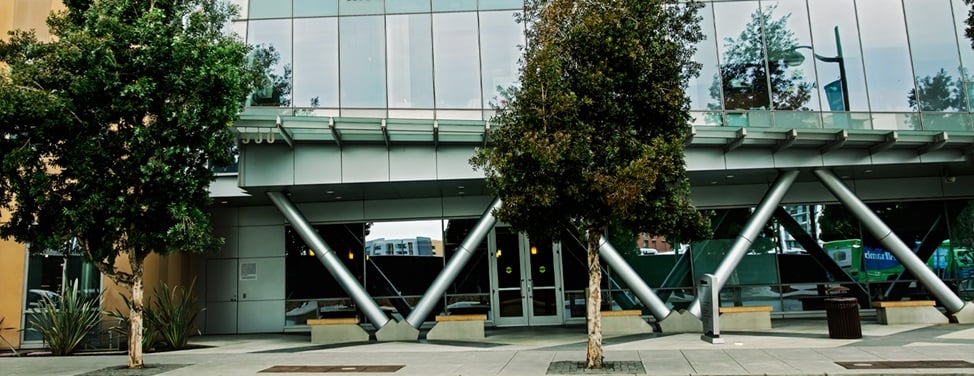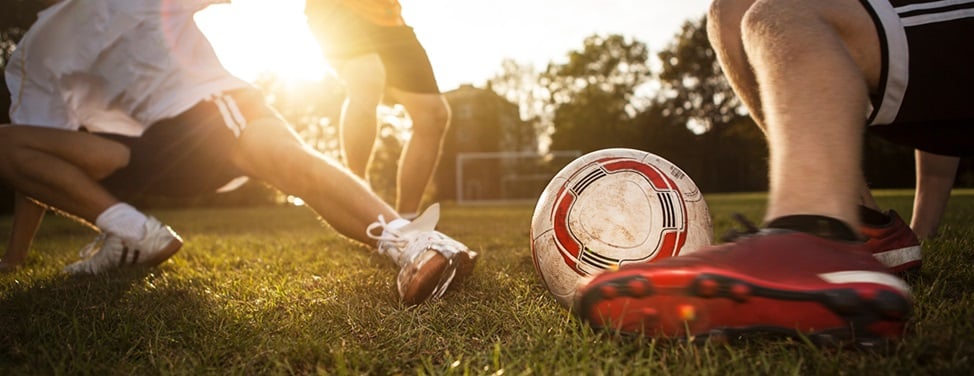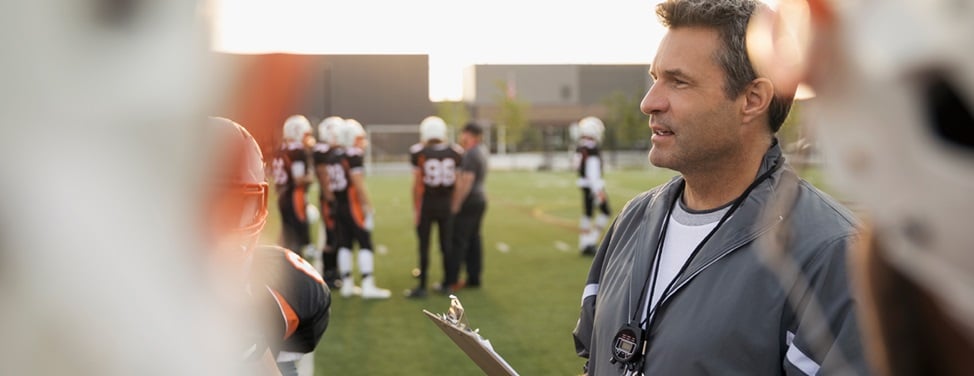
FAQ: Concussion
- What is a concussion?
- What happens during a concussion?
- How common are concussions?
- What are the symptoms of a concussion?
- How long do symptoms last?
- What determines individual outcomes in a concussion?
- What is the treatment plan for a concussion?
What is a concussion?
A concussion is a blow to the head, neck or body that leads to symptoms such as headache, dizziness or confusion. Concussion is a result of microscopic injury to the brain, which in most cases, is not detected on brain scans.
What happens during a concussion?
A blow to the head, neck or body can cause the brain to move quickly back and forth inside the skull. Such injuries also can result in a rotational injury in which the brain twists, potentially causing shearing of the brain nerve fibers. It is not yet known exactly what happens to brain cells in a concussion, but changes in chemical function appear to be involved. As a result, this injury to the brain can lead to a wide spectrum of symptoms and puts extra demands on the body to recover.
How common are concussions?
Concussions are the most common type of head injury. According to the Centers for Disease Control and Prevention, the most common cause of concussions is motor vehicle accidents, but falls are the most common cause in infants and the elderly, while sports accidents are the most common in adolescents. Males are about three times more likely to suffer a concussion than females.
What are the symptoms of a concussion?
Symptoms of concussions differ for each person and with each injury. Symptoms may not be noticeable right away and may develop in the hours or days following an injury, or when the demands of regular life are resumed. As such, it is important that you contact your doctor right away if you develop symptoms. If you have suffered a blow to the head, neck or body and you aren't "feeling like yourself" or "normal," seek medical help from a specialist who has experience in recognizing and managing concussion.
Eighty to ninety percent of people with a concussion recover quickly and fully, but for some people, symptoms can last for weeks and even months. Older adults, young children and teens usually take the longest to recover from concussions. In addition, if you have suffered a concussion in the past, you are at a greater risk of having another one, and may find that it takes longer to recover.
Common symptoms of concussion include:
- Headache
- Confusion
- Difficulty remembering or paying attention
- Balance problems or dizziness
- Feeling sluggish, hazy, foggy or groggy
- Feeling irritable, more emotional or "down"
- Nausea or vomiting
- Sensitivity to light or noise
- Double or blurry vision
- Slowed reaction time
- Sleep problems (sleeping more than usual, less than usual or having trouble falling asleep)
- Loss of consciousness
You may find that your symptoms reappear or get worse when you are doing something that requires a lot of concentration, such as working, studying or playing video games, or doing physically demanding activities, such as sports, exercising or house cleaning.
How long do symptoms last?
Although more than half of all people with a minor head injury experience symptoms a week after the injury, more than 80 percent recover within a month. It is normal for symptoms to go away gradually. A small percentage of patients have symptoms that last longer than six weeks, at which point they are diagnosed with post-concussion syndrome.
What determines individual outcomes in a concussion?
Each person recovers from a concussion differently. Recovery depends on factors such as a person's age and health before the concussion, the severity of their concussion, whether they have had any other concussions in the past, and how they take care of themselves after the concussion. Your doctor will provide you with specific instructions to aid your recovery.
It is important to note that more than 80 percent of concussions resolve very successfully within the first three weeks following an injury, if they are managed correctly. Therefore, if you think you or your loved one has suffered a concussion, it is critical that you contact your doctor right away. Getting help soon after an injury by a medical provider who is trained in the evaluation and treatment of concussion may improve recovery.
What is the treatment plan for a concussion?
Treatment will depend on your symptoms, including emotional, physical and cognitive. It is important to note that emotional problems such as anxiety or depression are common. Your provider will develop a specific treatment plan for you and help guide you on the track to recovery.
It is very important that you have physical and mental rest after a concussion because rest helps the brain to heal. Accept that it will take time to rebuild your stamina. Only when your symptoms have reduced significantly, and with your health care professional's consultation, should you gradually resume your normal routine. Sometimes, people find that their symptoms come back or they develop new symptoms. This is a sign that you are doing too much, too soon. Stop these activities and take more time to rest and recover. As the days go by, you can expect to gradually feel better.
UCSF Health medical specialists have reviewed this information. It is for educational purposes only and is not intended to replace the advice of your doctor or other health care provider. We encourage you to discuss any questions or concerns you may have with your provider.








